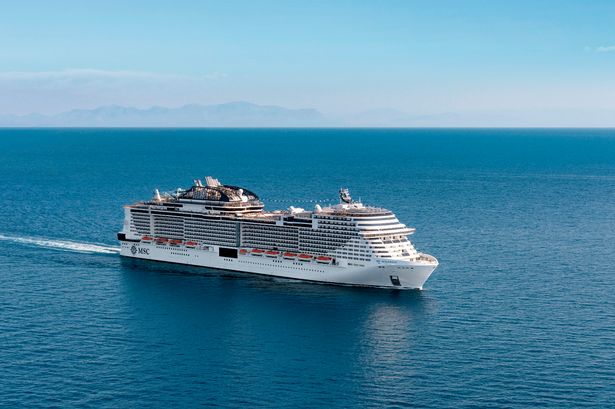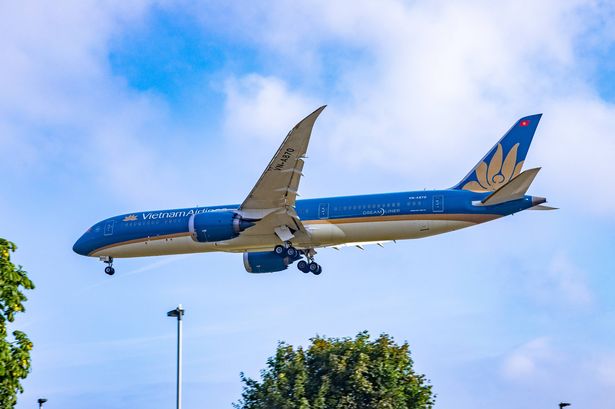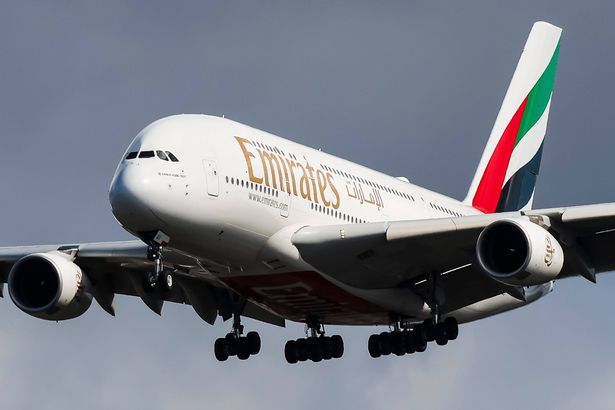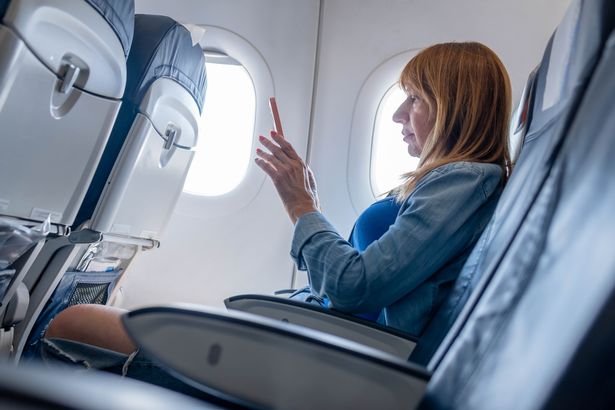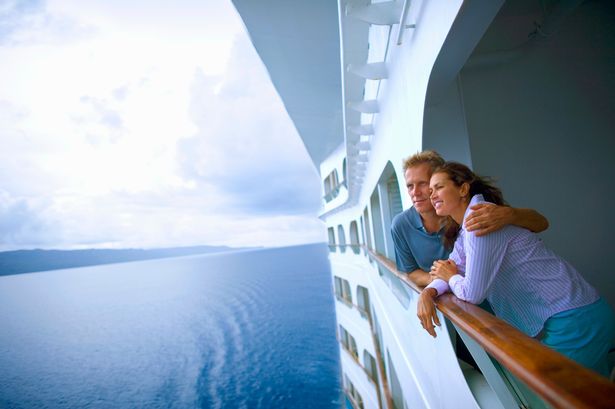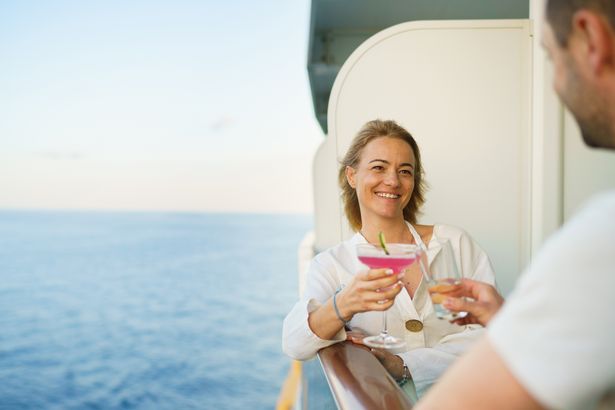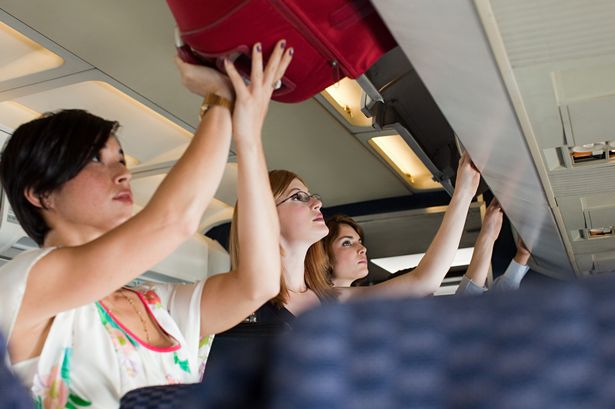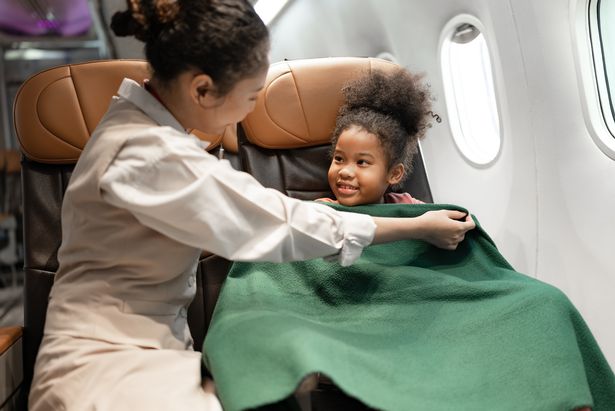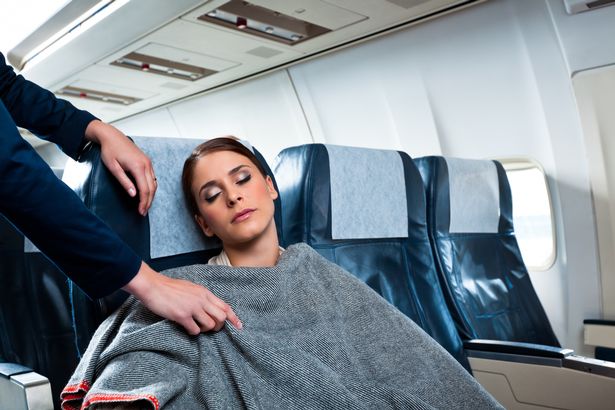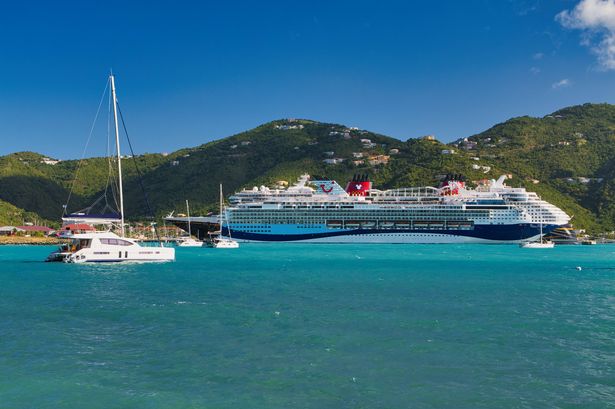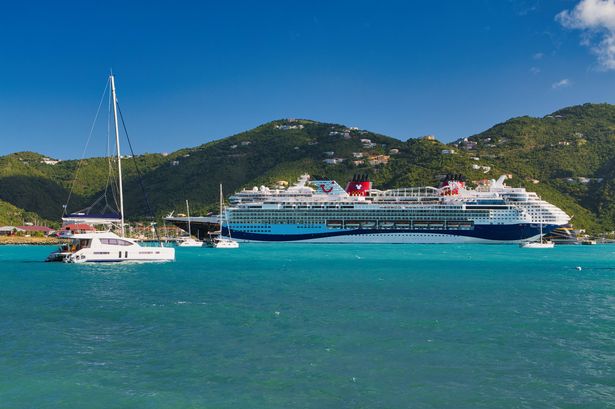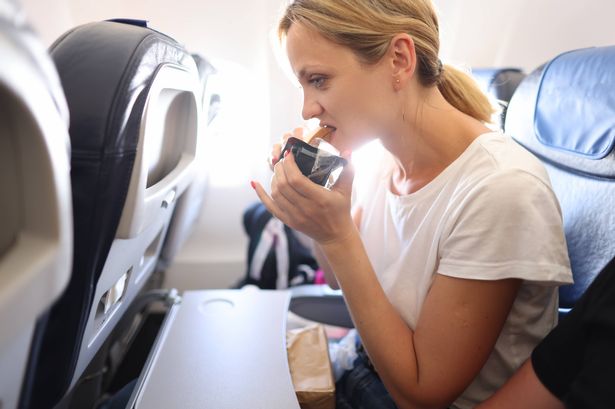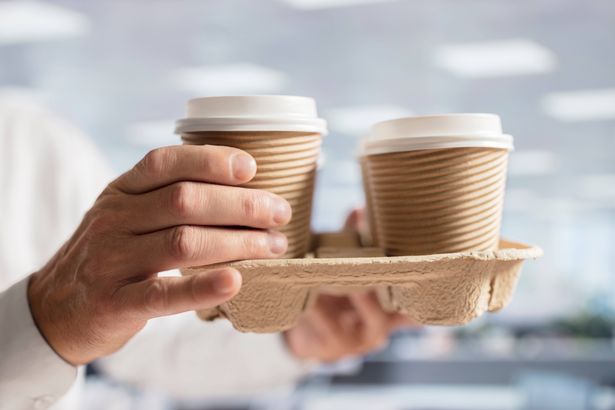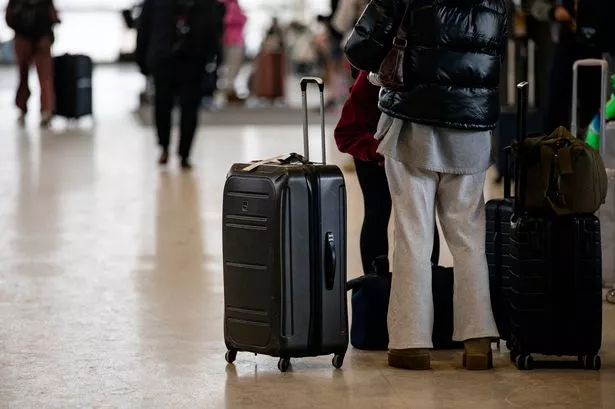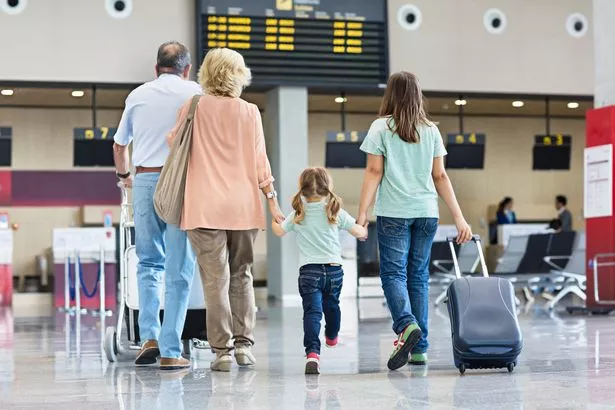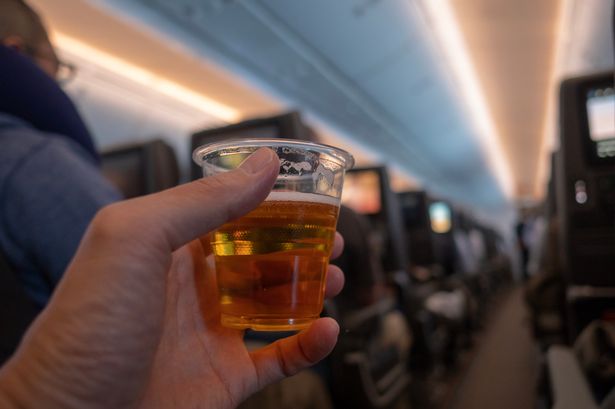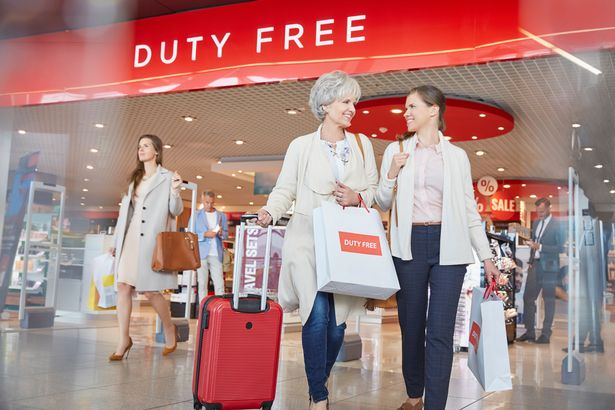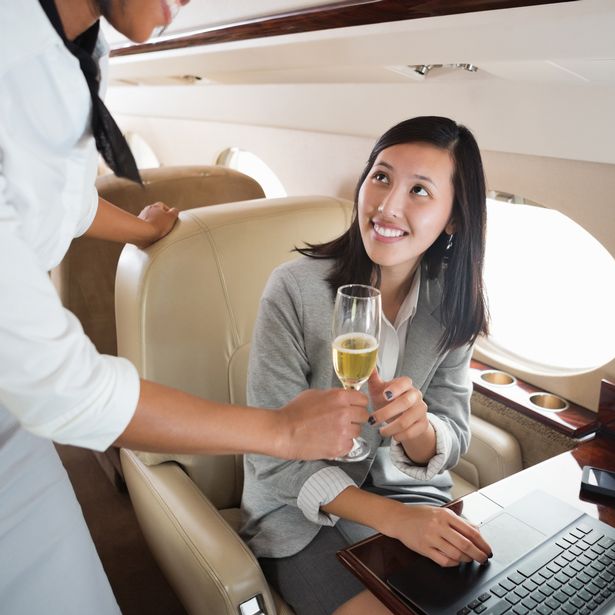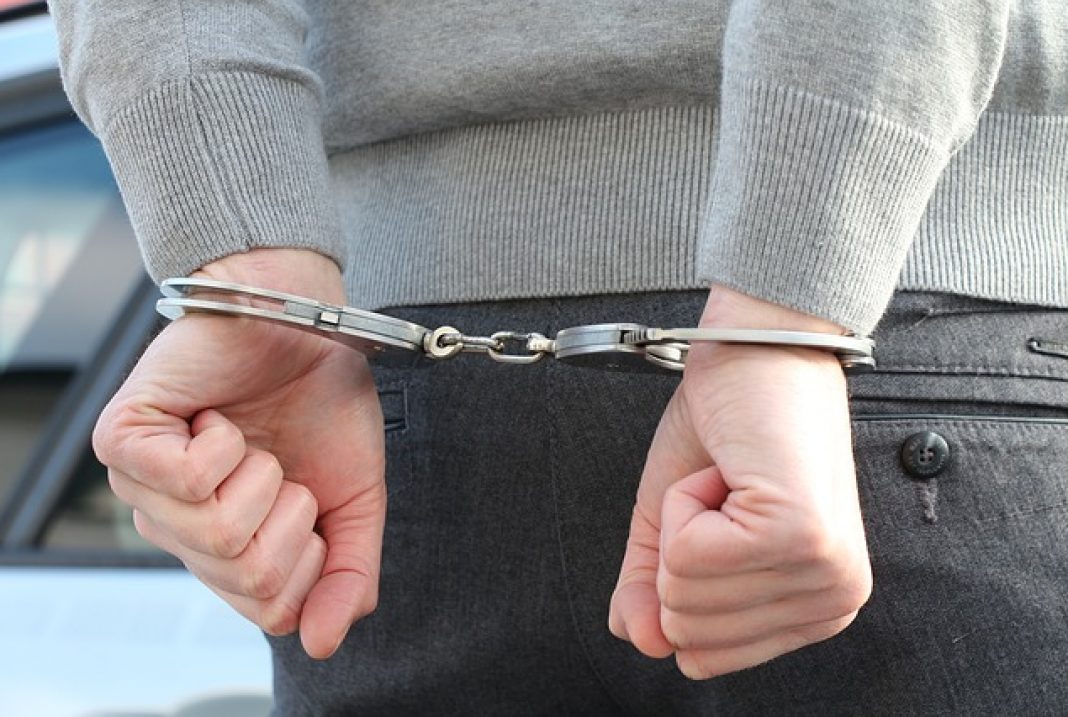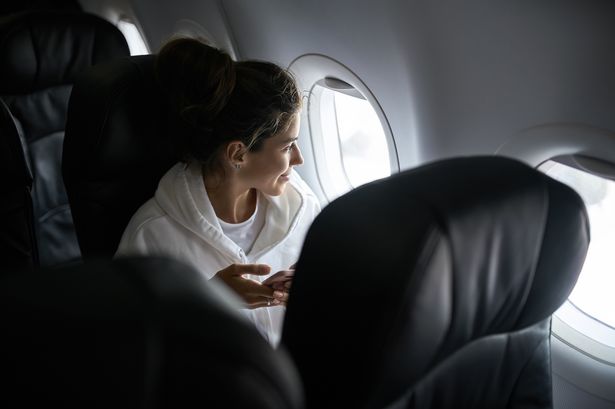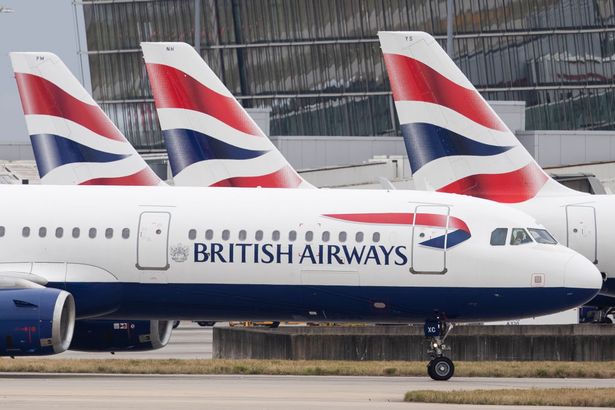Vietnam Airlines and Vietjet Air have recently joined other carriers in banning the use of power banks onboard
Two additional airlines have joined a growing list of carriers prohibiting the use of one popular gadget that countless travellers rely on during flights.
Both Vietnam Airlines and Vietjet Air have now implemented measures to prevent passengers from using power banks to charge their electronic devices whilst in the cabin. This follows comparable actions by numerous other airlines throughout the year, many of which operate in and out of the UK.
The new regulations arise from mounting worries regarding the safety of lithium batteries on aircraft. Just last week, the US Federal Aviation Authority (FAA) released an updated alert following 50 incidents involving power banks on board.
They declared: “Lithium batteries stored in passenger overhead bins and or in carry-on baggage may be obscured, difficult to access, or not readily monitored by passengers or crewmembers. Because of this, detection of thermal runaway and firefighting measures may be delayed in flight, increasing the risk to safety.”
Under these fresh regulations, travellers will no longer be permitted to charge their gadgets using power banks during flights, nor can the battery packs be recharged via in-flight ports, reports the Express. Passengers are still allowed to bring power banks into the cabin, but they must remain unused and visible at all times.
The first airline to introduce such a prohibition was Air Busan, after a power bank fire in January forced one of its aircraft out of service. Fortunately, no passengers were harmed, but the incident caused considerable damage.
The biggest name on the list of airlines banning the use of power banks is Emirates, the Middle East-based travel giant. Bosses announced that a ban on power banks will be enforced from October 1, 2025.
A spokesperson for the airline stated that “Emirates customers are still permitted to carry one power bank onboard with specific conditions” but clarified that “the power banks may not be used while in the aircraft cabin – neither to charge devices from the power bank, nor to be charged themselves using the aircrafts’ power source.”
The spokesperson added: “After a comprehensive safety review, Emirates is taking a firm and proactive stance to mitigate risk when it comes to power banks onboard. There has been a significant growth in customers using power banks in recent years, resulting in an increasing number of lithium battery-related incidents onboard flights across the wider aviation industry.
“All power banks are subject to the new rules onboard Emirates. Emirates new regulations will significantly reduce risks associated with power banks by prohibiting their use while onboard the aircraft.
“Storing power banks in accessible locations within the cabin ensures that in the rare event of a fire, trained cabin crew can quickly respond and extinguish the fire. Safety is one of Emirates’ core values, and a cornerstone of all operations and practices.”
UK Civil Aviation Authority guidance
The UK Civil Aviation Authority (CAA), alongside other aviation regulators, advises that lithium batteries and power banks should be carried in hand luggage and switched off completely to minimise fire risks.
Their guidelines specify that the heat-generating element of a lithium battery-powered gadget should be “separated” from the battery – meaning the battery or heat-generating part should be taken out. The guidelines state: “Any battery that has been removed must be protected against short circuit (by placing in its original retail packaging or by otherwise insulating terminals, e.g. by taping over exposed terminals or placing each battery in a separate bag or protective pouch).”
Portable electronic devices containing lithium ion batteries that exceed a Watt-hour rating of 100 Wh and under 160 Wh should also be stored in carry-on baggage. The CAA further advises: “If devices are carried in checked baggage measures must be taken to prevent unintentional activation and to protect from damage and the device must be completely switched off (not in sleep or hibernation mode).
“Large portable electronic devices such as laptops and tablets should not be packed near aerosols or perfumes.” The new regulations introduced by airlines affects passengers flying from London aiports including Heathrow, as well as other major transport hubs like Manchester, Birmingham and Edinburgh.
Full list of all 14 airlines banning power bank use aboard a plane
Operating in the UK:
- Asiana Airlines: London Heathrow
- Cathay Pacific: Heathrow, Manchester
- China Airlines: Heathrow
- Emirates: Heathrow, London Gatwick, London Stansted, Birmingham, Manchester, Newcastle, Glasgow, Edinburgh
- EVA Air: Heathrow
- Korean Air: Heathrow
- Singapore Airlines: Heathrow, Gatwick, Manchester.
- Starlux Airlines: Gatwick
- Vietnam Airlines: Heathrow
Not serving UK airports:
- Air Busan
- Hong Kong Airlines
- Thai AirAsia
- Tigerair
- Vietjet Air
